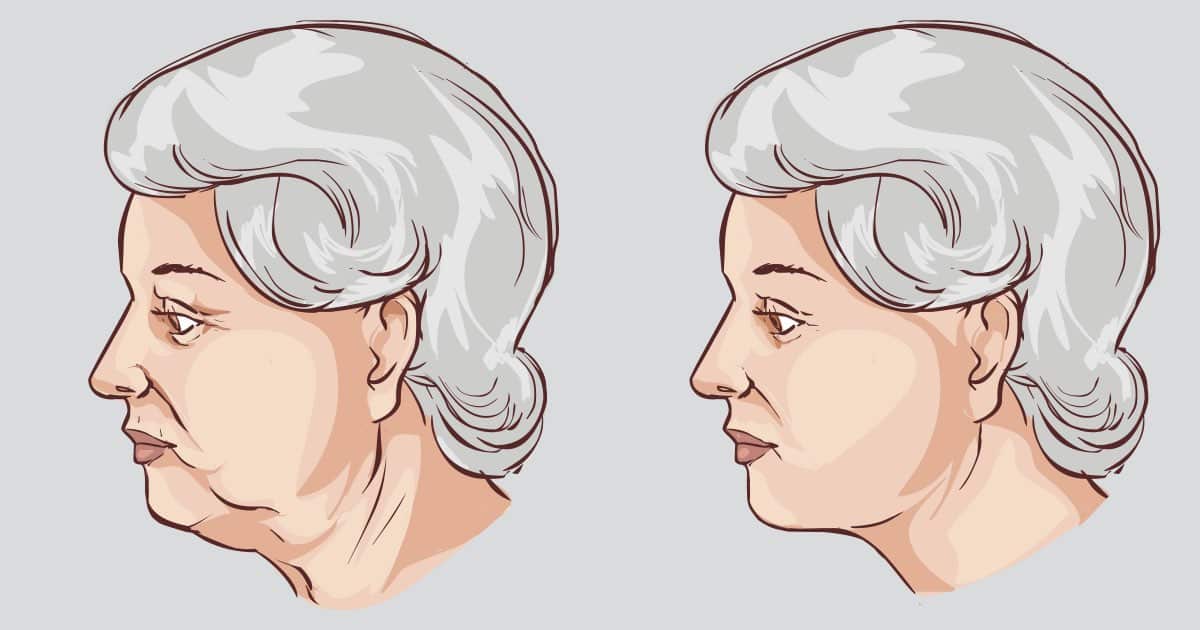35 Early Signs of Alzheimer’s Disease

Alzheimer’s isn’t just about forgetting where you left your keys. It’s a progressive, degenerative brain disorder that significantly affects memory, thinking, and behavior. It’s the most common type of dementia, which means a noticeable decline in cognitive abilities that disrupts daily life.
Over 6.5 million Americans are currently living with Alzheimer’s, and that number is projected to almost double by 2050, according to the Alzheimer’s Association.
The Early Signs of Alzheimer’s Disease
The initial symptoms of Alzheimer’s can often be dismissed as typical age-related changes, but distinguishing between normal forgetfulness and the early stages of Alzheimer’s is key. Here are 35 signs that might suggest the onset of Alzheimer’s:
- Progressive Memory Loss: Difficulty remembering recent events at first, slowly progressing to problem remembering things that happened weeks ago, then it advances to completely forgetting an entire live event, for instance, forgetting they were ever married or had kids or the faces of their loved ones).
- Disorientation: Feeling lost in previously familiar settings.
- Concentration Difficulties: Struggling to maintain focus on tasks at hand.
- Confusion About Time: Losing track of dates, seasons, and the passage of time.
- Understanding Basic Concepts: Struggling with everyday concepts that used to be second nature.
- Thought Processing: Experiencing noticeable slowdowns in thinking.
- Simple Math Problems: Encountering difficulties with basic arithmetic that was once easy.
- Creating New Memories: Difficulty in forming new memories.
- Recognizing Common Objects: Inability to identify familiar objects.
- Visual Changes: Seeing one’s environment as blurred or distorted.
- Anxiety: Feeling unusually anxious without a clear reason.
- Repetition of Words: Repeating phrases or sentences over and over.
- Wandering: Becoming lost on a familiar path.
- Aggression: Displays of sudden anger without obvious cause.
- Personality Changes: Noticeable shifts in mood or demeanor that are out of character.
- Feeling Lonely: Increased feelings of isolation or loneliness.
- Mood Swings: Rapid changes in mood without a clear trigger.
- Depression: Persistent sadness or hopelessness.
- Hallucinations: Sensing things that aren’t there.
- Paranoia: Irrational suspicions about other people, including caregivers.
- Self-Care Difficulties: Neglecting personal hygiene and daily routines.
- Substituting Items: Using incorrect items for daily tasks, like mistaking pepper for sugar.
- Forgetting Key Dates: Not remembering important personal dates, such as one’s own birthday.
- Decreased Drive: Less motivation to engage in activities once enjoyed.
- Word-Finding Difficulties: Problems with finding the right words in conversation.
- Driving Problems: Difficulty navigating familiar routes.
- Delusions: False beliefs, like thinking a caregiver is a threat.
- Insomnia: Difficulty in falling or staying asleep.
- Incontinence: Losing control over bladder functions.
- Swallowing Issues: Problems with swallowing food or drinks.
- Weight Loss: Decreasing appetite and unintended weight loss.
- Daily Tasks Challenge: Struggling with everyday tasks like handling finances or using household gadgets.
- Using Appliances: Difficulty in operating common household appliances.
- Mobility Issues: Trouble walking without assistance.
- Loneliness and Withdrawal: Pulling away from social interactions.
How is Alzheimer’s disease diagnosed?
There is no one test to diagnose Alzheimer’s disease. Instead, doctors will use a combination of medical history, physical examination, cognitive testing, and brain imaging to make a diagnosis.
What causes Alzheimer’s disease?
The cause of Alzheimer’s disease is not fully known, but it is thought to be a combination of genetic, lifestyle, and environmental factors. Age is the biggest risk factor for developing Alzheimer’s. Other risk factors include family history, head injuries, Down syndrome, and smoking.
What are the treatments for Alzheimer’s disease?
There is no cure for Alzheimer’s disease, but there are treatments available to help manage the symptoms. These treatments can help improve the quality of life for both the person with Alzheimer’s and their caregivers. Treatments include medication to treat specific symptoms as well as non-pharmacological approaches such as cognitive-behavioral therapy and support groups.
How can I prevent Alzheimer’s disease?
Although there is no sure way to prevent Alzheimer’s disease, there are some things you can do to reduce your risk. These include maintaining a healthy lifestyle (eating healthy foods, exercising regularly), keeping your mind active (doing puzzles or learning new skills), and managing health conditions (such as diabetes or high blood pressure).
FAQs
1. Can lifestyle changes really delay Alzheimer’s? Absolutely, things like diet, exercise, and cognitive engagement can help strengthen your brain against cognitive decline.
2. How do medications help with Alzheimer’s? Medications can manage symptoms like memory loss and confusion, making daily life easier.
3. When should I seek help if I notice symptoms? The sooner, the better. Early diagnosis opens up more options for managing symptoms effectively.
